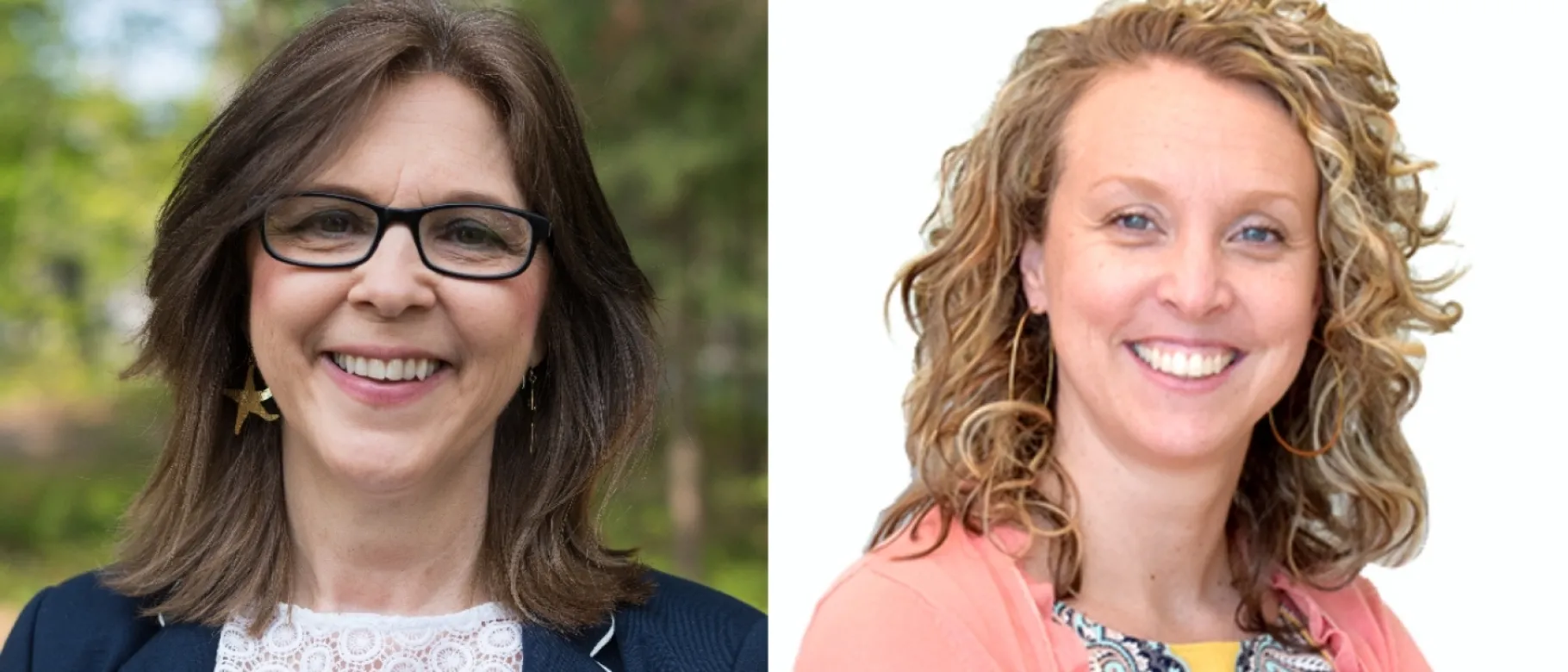Master of Social Work Online faculty create simulation model for field education

Finding placements for social work students at agencies so that they can get their required field work has always been challenging. When COVID-19 struck, it became nearly impossible.
“We made the decision to pull every student out of placements across the country,” explained Wanda Anderson, M.S.W., LCSW, clinical professor in the School of Social Work. “As the pandemic continued, fewer and fewer agencies were taking students.”
Faculty members in the Master of Social Work Online program had to pivot and find a way to get students the field education required for them to graduate.
“Our work is accredited by the Council on Social Work Education,” stated Rebecca Diggins, M.S.W., LCSW, field faculty in the School of Social Work. “They are very specific about what skills students need to be working towards in their placements.”
So, Diggins and Anderson, along with Christine Rogerson, M.S.W., LCSW, former field faculty member, set out to develop a simulation program designed to get the students the experience they needed.
“We built an eight-week simulated program to test with about eight or nine students,” Anderson commented. “By the fourth week, students were quickly saying how incredible it was. That it was as good or a better educational experience than they were getting at their agency sites. So, we decided to put together a 16-week program in the fall of 2020 for our advanced students.”Diggins added, “It really helped us in a pinch to get students through and allowed them to graduate on time.”
The students are presented with scenarios that they would typically experience in a social work field placement. They practice what it is like to do case management in the community and how to use different modules of therapy within the simulation experience.
“We use role playing in different ways, but we have one specific case study throughout the entire 16 weeks,” Diggins said. “It gives them a chance to really immerse themselves into whatever that situation is.”
Afterwards, their instructor reviews their work.
“This gives them some really robust feedback, which a lot of our students say they were not getting in their field placements,” Diggins explained. “So, they get actual feedback on what kind of skills they came in with as well as suggestions and support on how to grow those skills or try different interventions.”
The program worked so well, they decided to keep it as part of the online social work program. Moving forward, instead of having to do a traditional 32-week on-site placement students have the option of doing half the hours on site and the other half through simulation. The program is called Simulation and On Site (SOS) and one of the best parts of it is that it did not cost money like other simulation models that use expensive computer programs.
“We figured out a way to do this without any extra costs or overhead for UNE,” Anderson said. “I think it is really amazing how we have been able to pull this together during a challenging and unprecedented time.”